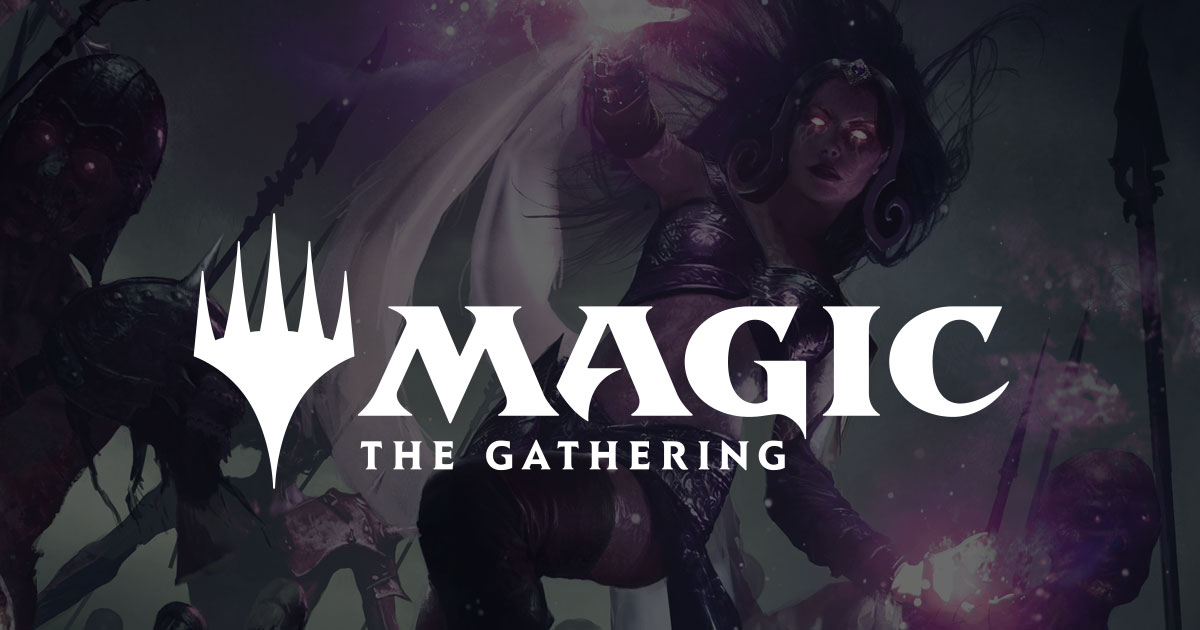The Ray Winninger interview got a lot of attention but I failed to talk about Mike Mearls's interview with Stan! on the same channel.
Mike brings up a really interesting thought that might have gotten buried in the other thread I wanted to pull on:
The different modes of RPG play.
Mike brings up that while games like Magic the Gathering and Warhammer have many different ways to play -- all supported by the company behind them -- D&D really doesn't have anything like that.
Now we could argue that D&D is different because each of us has the ability to change our game in lots of ways:
Mike brings up that there really isn't an RPG that focuses on an hour of gameplay (there might be but I don't know it).
One way to think about this is how WOTC could do something like this but worry about what they're going to do or not do? This is a problem the whole RPG community can think about.
So here's the question. What games and systems would you say have a really different way they run at the table than D&D?
Some that come to mind based on ones I've played.
What are some others that jump to mind?
If you wanted to start a lunch-hour game, what system would you choose?
Mike brings up a really interesting thought that might have gotten buried in the other thread I wanted to pull on:
The different modes of RPG play.
Mike brings up that while games like Magic the Gathering and Warhammer have many different ways to play -- all supported by the company behind them -- D&D really doesn't have anything like that.
Now we could argue that D&D is different because each of us has the ability to change our game in lots of ways:
- Different allowed sources.
- Different campaign worlds.
- Different house rules.
- Different numbers of players.
- Different durations of the game.
- A different number of games per month.
Mike brings up that there really isn't an RPG that focuses on an hour of gameplay (there might be but I don't know it).
One way to think about this is how WOTC could do something like this but worry about what they're going to do or not do? This is a problem the whole RPG community can think about.
So here's the question. What games and systems would you say have a really different way they run at the table than D&D?
Some that come to mind based on ones I've played.
- Ironsworn with its one-on-one or solo play.
- Thousand Year Old Vampire with its journalistic play.
- Powered by the Apocalypse games with their focus on story-driving mechanics.
- Super-light games like Lasers and Feelings and Honey Heist.
- Kid-focused games like No Thank You Evil.
- The mystery / horror aspects of Call of Cthulhu.
- Completely collaborative games like Fiasco.
- Old-school focused games like Shadowdark and OSE.
What are some others that jump to mind?
If you wanted to start a lunch-hour game, what system would you choose?

